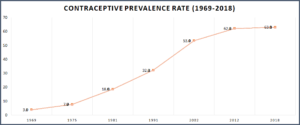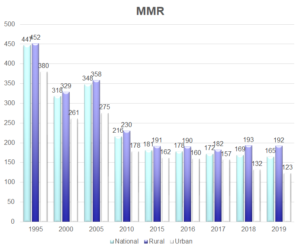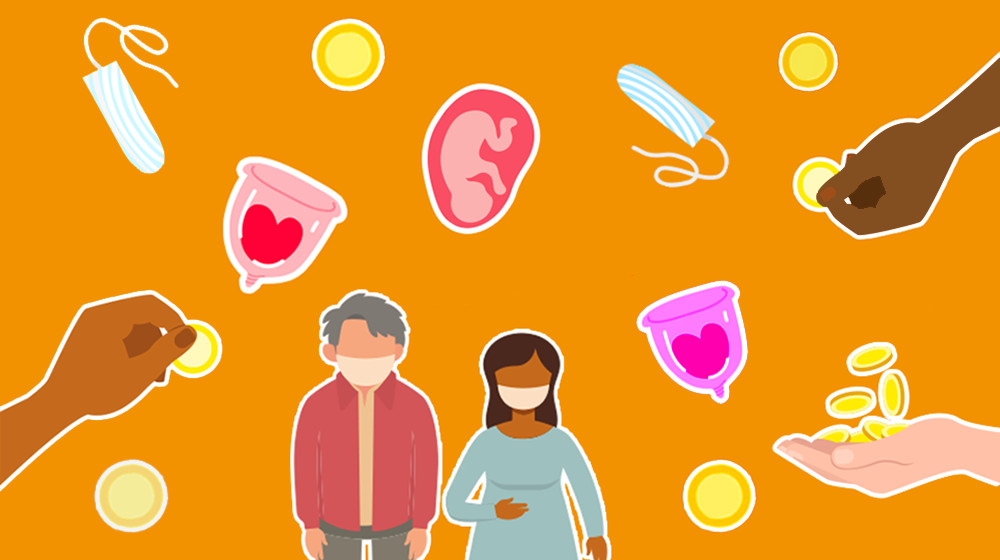Written by: Shakila Nahar
How far has Bangladesh advanced in the issue of sexual health and reproductive rights? If we look at it from the perspective of 13 year old garment worker Rahima Begum, the answer is not very much. ” I began menstruating 2 years ago, but due to our low income pads have always been a luxury for us. I now have genital tract infection and my family can not bear the medical expenses,” says Rahima.
Even after 50 years of our independence, there is an acute lack of menstrual awareness among our population, and menstrual taboos primarily affect lowland middle-income women, who have to skip work regularly. “Adolescent friendly sexual health support is less in urban slum areas,” says YPF panelist Bachera Akhter from JPGSPH, BRAC. She also said that.
“Due to mobility restrictions adolescent girls are often accompanied by a male guardian to health complexes which makes them uncomfortable to talk about sexual health.” Highly taxed hygiene products have made life particularly difficult during the pandemic, making more and more women susceptible to diseases such as UTIs caused by poor menstrual hygiene.
The pandemic has also brought about drastic effects on the availability and usage of contraceptives. The UNFPA estimates that about 12 million women worldwide have seen contraceptive interruptions, leading to 1.4 million unintended pregnancies. In Bangladesh alone, there are about 74 lakh women with an unmet need for modern contraception.

“Contraceptives are quite expensive, hence we could not afford them after my husband lost his job due to COVID. I am now 5 months pregnant, at first we did not think much about the complications but now the doctor says I might have a life risk during childbirth as I am only 14,” says Sheuly Khatun from Kishoregonj.

According to the latest reports, 13 million girls’ lives are cut short due to early marriage, and another 10 million are at risk. Bangladesh is among the top 10 countries with a 51% child marriage rate, which is considered the primary cause of death for teenage girls. According to the graph below, though our country takes pride in its falling maternal mortality rates, the rates have become stagnant recently. “Special circumstances” mentioned in the laws regarding the eligible age for marriage is a loophole within the policy as it is not clearly defined and not all who make use of this exception apply to court – pointed out YPF panelist Bachera Akter from BRAC JPGSPH.

Another taboo that Bangladesh is yet to work on is Adolescent reproductive health. The stigma around seeking sexual and reproductive health support has long been prevalent, making it increasingly difficult for adolescents to reach out for help. Many doctors and policymakers, even in the urban parts of our country, do not agree that adolescents should be provided with contraceptives.
The proposal by the honorable education minister on including sex education in our national curriculum is a new way of hope, especially because of the imparity between urban and rural areas in the spread of awareness about contraception and sexual health rights.
What steps do you think we as individuals need to take first? Will we witness a boom in sexual health awareness over the next decade? Or do we have to expect a backlash first? Do let us know your thoughts below.
Author: Shakila Nahar, Associate, YPF Health Policy Network
